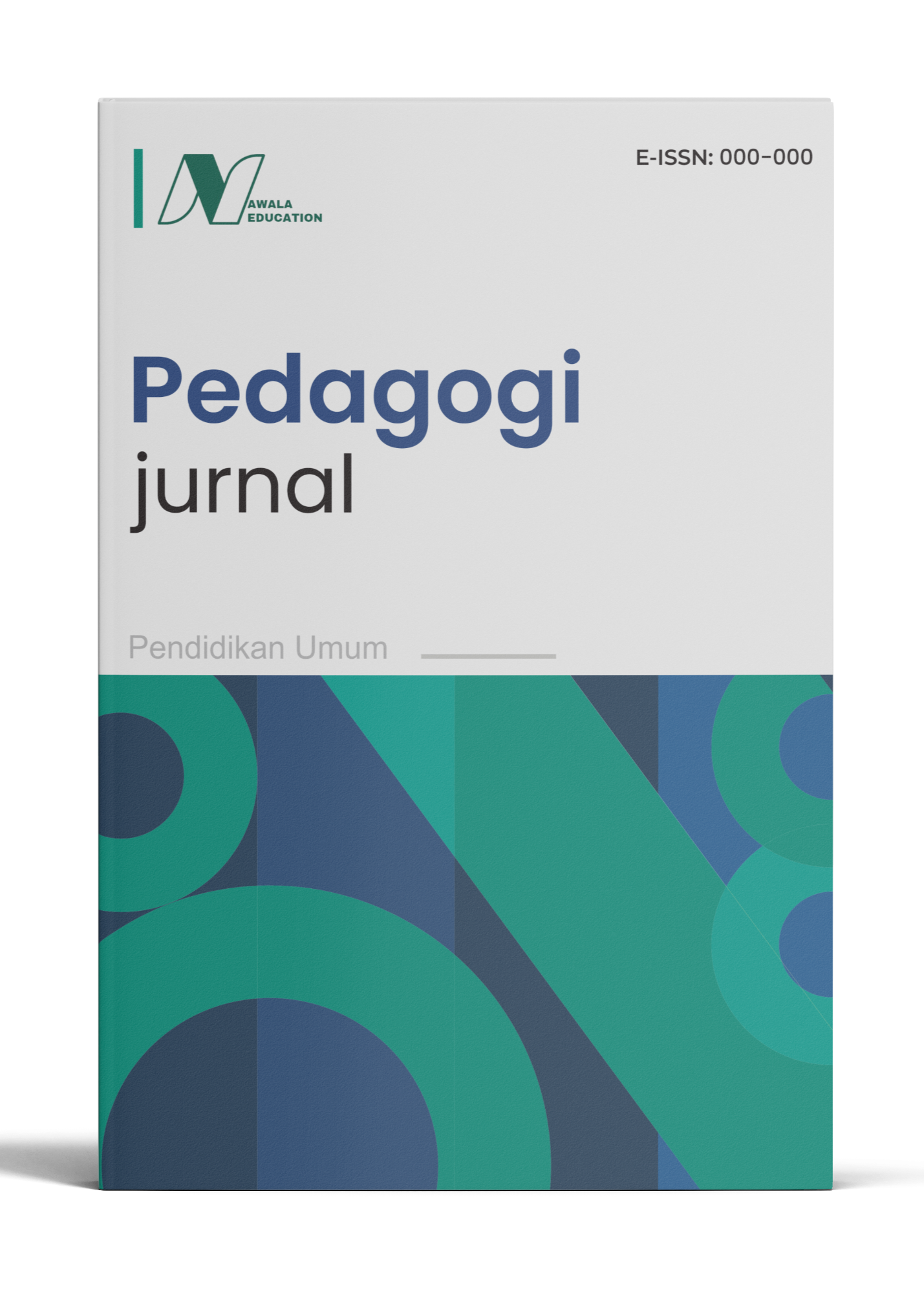An Analysis of Thematic Progression Pattern Found in Thesis Abstracts by Postgraduate English Education Students
DOI:
https://doi.org/10.62872/bbm47793Keywords:
Postgraduate Student, Thematic Progression, Thesis AbstractAbstract
This study investigates thematic progression patterns used in thesis abstracts written by postgraduate English education students. The fourth abstract thesis are analyzed the theme and rheme structured within for each clause then examined whether the types of thematic progression is used. In a short, it explores how themes are used and structured in written text. It examines the three types of thematic progression based on Brian Paltridge’s theory employed and analyzes their frequency. A qualitative research method employs to analyze, categorize, and understand the patterns of thematic progression. The findings showed that among the different thematic progression patterns used in abstracts, constant themes are the clear favorite (30%), followed by linear themes (12%) and split rheme (4.3%). In can be interpreted that the limited use of thematic progression patterns in the analyzed thesis abstracts indicates that some postgraduate English education students may need further guidance on constructing clear and concise abstracts. To enhance the coherence and readability of their abstracts, these students should be encouraged to employ thematic progression strategies more effectively.
Downloads
References
Creswell, J. W. (2012). Educational Research: Planning, Conducting, and Evaluating Quantitative and Qualitative Research (4th ed.). Pearson Education.
Crompton, P. (2004). Theme in Discourse: ‘Thematic Progression’ and ‘Method of Development’ Re-evaluated. Function of Language, 11(2), 213-249. https://doi.org/10.1075/fol.11.2.04cro.
Darmila, Rice Tri, Hermawati Syarif, and Zul Amri. (2020). “Thematic Progression in Students’ Discussion Essays of Undergraduate English Education Program at Universitas Negeri Padang.” International Journal of Educational Dynamics 2(1):254–62. doi: 10.24036/ijeds.v2i1.253.
Khatri, Bishnu Bahadur. (2022). “Writing an Effective Abstract for a Scientific Paper.” Nepalese Journal of Development and Rural Studies 19(01):1–7. doi: 10.3126/njdrs.v19i01.51910.
Lifah, N. I., Syafrizal, & Harahap, A. (2020). An Analysis of Thematic Development Pattern in Thesis Abstracts by Undergraduate English Education Students. Journal of English Education and Teaching, 4(4), 559-570. https://doi.org/10.33369/jeet.4.4.559-570.
Muroda, Naila, Hilda Izzati Madjid, and Sigit Pramonojati. (2018). “Thematic Progression Analysis in Students’ Thesis Proposal of English Teacher Education Department at State Islamic University of Sunan Ampel Surabaya Academic Year 2016/2017.” 145(Iconelt 2017):256–60. doi: 10.2991/iconelt-17.2018.54.
Njobvu, Naomi, and John Simwinga. (2022). “Does Thematic Progression Enhance English Discourse Coherence? Evidence from Selected University of Zambia Students’ Written Discourse.” International Journal on Studies in English Language and Literature 10(3):29–41. doi: 10.20431/2347-3134.1003004.
Okta, Zefki, Ashadi Ashadi, Sulis Triyono, and Dwiyanto Djoko Pranowo. (2023). “Thematic Structure in Students’ Writings: Implications on Their Ideas Organization and Development.” Register Journal 16(1):49–72. doi: 10.18326/register.v16i1.49-72.
Platride, Brian. (2006). Discourse Analysis. New York: University of London.
Rahimi, Masoud, Nouroddin Yousoffi, and Shahab Moradkhani. (2018). “Research Practice in Higher Education: Views of Postgraduate Students and University Professors in English Language Teaching.” Cogent Education 5(1):1–23. doi: 10.1080/2331186X.2018.1560859.
Rahman, Benni., Laiya, Rebecca., Sarumaha, Martiman., Supiyandi. (2023). “Navigating English Writing Proficiency Tests in the Era of Artificial Intelligence.” 7(3):480–98.
Rahman, K., Arrafi'i, M. A., & Imansyah. (2017). Thematic Progression Patterns in ELT Journal Abstracts. Journal of English Language Teaching, 4(2), 72-79. http://ojs.ikipmataram.ac.id/index.php/joelt.
Sari, Eka Dyah Puspita, and Mia Fitria Agustina. (2022). “Thematic Development in Students’ Argumentative Essay.” IDEAS: Journal on English Language Teaching and Learning, Linguistics and Literature 10(1):166–74. doi: 10.24256/ideas.v10i1.2563.
Siahaan, Elsa Maulita, Rosaria Mita Amalia, and Ekaning Krisnawati. (2023). “Type of Themes and Thematic Progression Patterns in Low Achiever’s Descriptive Writings.” Diksi 31(1):12–24. doi: 10.21831/diksi.v31i1.59734.
Sulastri, Siti. (2022). “How A Student Develops Paragraphs : A Thematic Progression Analysis of Student Works on Short Story.” Journal Of Education And Teaching Learning (JETL) 4(2):105–14. doi: 10.51178/jetl.v4i2.558.
Susilowati, Endang, Abdurrachman Faridi, and Zulfa Sakhiyya. (2022). “Thematic Structure and Thematic Progression in Research Articles Published in Scopus-Indexed International Journals.” English Education Journal 12(1):55–66. doi: 10.15294/eej.v12i1.53229.
West, S. & Turnbull, L. (2023). Scientific Paper Made Easy: How to Write with Clarity and Impact in the Life Sciences. Oxford: Oxford University Press.
Widdowson, H. G. (2007). Discourse Analysis. Oxford University Press.
Downloads
Published
Issue
Section
License
Copyright (c) 2024 Chyntia Latifah, Maulidiyyatul Uswah (Author)

This work is licensed under a Creative Commons Attribution-ShareAlike 4.0 International License.












